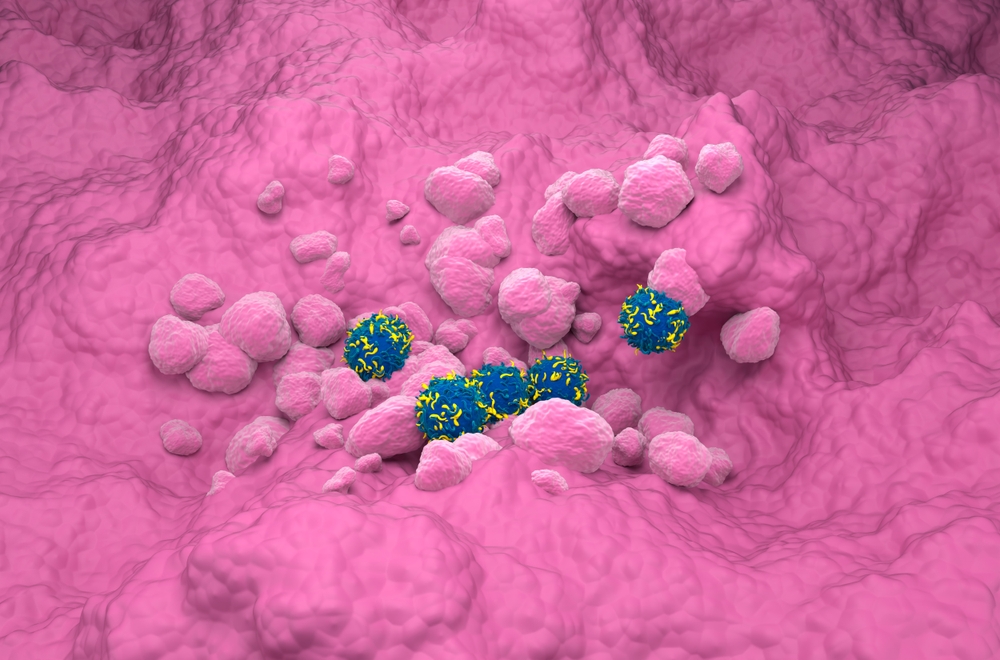Characterization of cell and gene therapy products
FILAB's expertise: cell and gene therapies (CGT) and advanced therapy medicinal products (ATMP)
Cell and gene therapies (CGTs) and advanced therapy medicinal products (ATMPs) require advanced approaches for their characterization and release testing.
FILAB, an industrial laboratory, provides solid expertise in this field, covering physico-chemical characterization, biosafety and product release testing.
Cell culture media
Vitamins
Carbohydrates
Amino acids
Inorganic salts
Laboratory analysis of nucleotides
Nucleoids analysed by the FILAB laboratory
Oligonucleotides, short nucleic acid sequences, play a crucial role in the development of targeted therapies, particularly for genetic diseases and cancers. In biopharmaceuticals, their detailed analysis is essential to guarantee their purity, sequence and integrity. Using advanced chromatography and mass spectrometry technologies, the characterisation of oligonucleotides makes it possible to verify their molecular identity, detect any impurities or degradation, and ensure their therapeutic efficacy.
Antisense oligonucleotides (ASOs) are synthetic molecules designed to modulate gene expression by binding specifically to the target messenger RNA, thereby preventing the production of proteins responsible for certain pathologies. Their development requires sophisticated analytical methods to assess chemical stability, sequence and bioavailability. The analysis of these large molecules in biopharmaceuticals focuses on the detection of post-synthetic modifications and the precise quantification of these molecules in complex biological environments.
Vaccines are complex biological compounds that require meticulous analysis to guarantee their safety and efficacy. Whether they are protein-based vaccines, attenuated viruses or mRNA-based vaccines, their biopharmaceutical development relies on advanced techniques for characterising large molecules, such as mass spectroscopy and chromatography. These analyses are used to verify the structure of antigens, assess the potential immune response, and ensure the absence of contaminants or impurities that could affect the safety of the final product.
mRNA-based vaccines and therapies represent a revolutionary advance in biopharmaceuticals, using RNA sequences to induce the production of therapeutic proteins by the patient's cells. Their analysis requires advanced expertise in the characterisation of large molecules. The tests include verification of the mRNA sequence, the stability of the lipid envelope, and the efficiency of translation into target proteins, ensuring that the treatment is effective while minimising the risk of side effects.
CAR-T (Chimeric Antigen Receptor T-cell) therapies use a patient's own T-cells, genetically modified to target and eliminate cancer cells. As a complex cellular treatment, CAR-Ts require rigorous analyses to ensure the quality, safety and efficacy of the final product. This includes characterising the chimeric antigen receptors, verifying the purity of the cells, and assessing their ability to specifically attack cancer cells. These tests are crucial to ensure that CAR-T therapies meet safety and performance standards before they are administered to patients.
Our solutions for characterising your cellular therapeutic products
Our analytical facilities are equipped with cutting-edge technology, offering a wide range of instruments to meet the most demanding requirements for the analysis and characterization of biopharmaceutical products. Thanks to these high-precision tools, we can guarantee reliable results that comply with the strictest international standards.
Our analysis techniques
The LC-Orbitrap analysis method combines liquid chromatography (LC) with high-resolution mass spectrometry using Orbitrap technology. This approach enables ultra-precise separation and detection of molecules, offering exceptional sensitivity for the identification and quantification of complex compounds. Commonly used to characterise proteins, peptides and small molecules, LC-Orbitrap provides detailed results on structure and post-translational modifications, while guaranteeing high measurement accuracy.
Fourier transform infrared spectroscopy (FTIR) is a powerful analytical technique used to identify and characterise molecules by analysing their molecular vibrations. Thanks to its ability to detect specific chemical bonds, FTIR provides detailed information about the chemical structure and interactions of biomolecules. This technique is widely used to control the quality of biopharmaceutical products, identify contaminants and ensure that samples comply with international standards.









